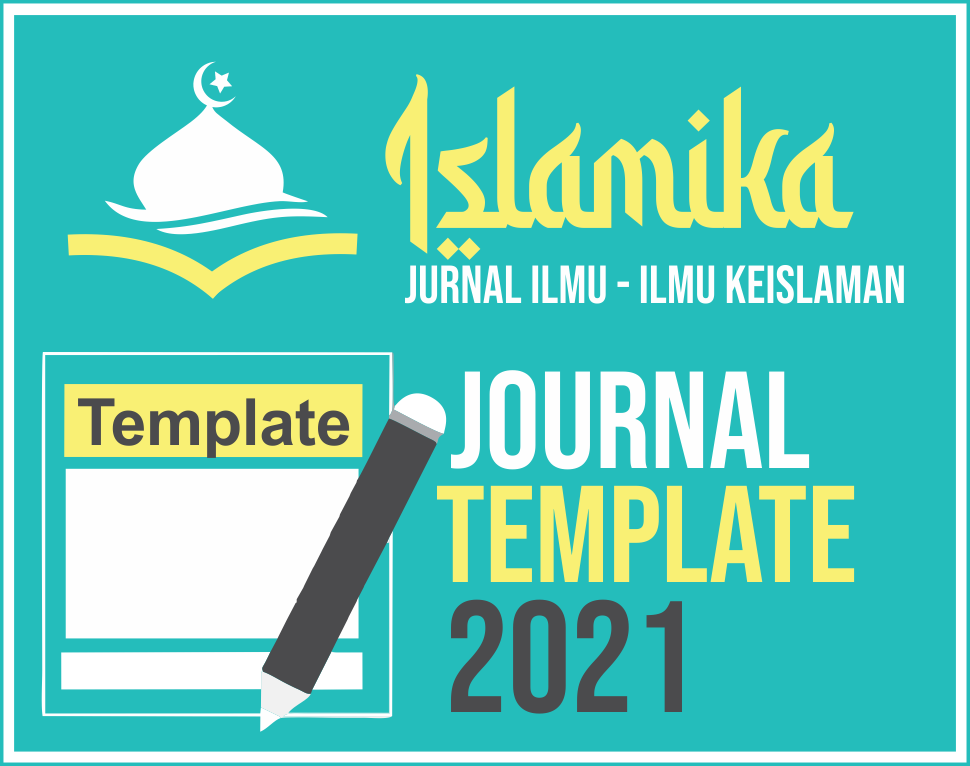Islamisasi Teori Konsumsi Masyarakat Muslim Modern
DOI:
https://doi.org/10.32939/islamika.v19i01.322Abstract
Since the spread of modernization to all corners of the world, human life, especially Muslims, has undergone many changes regarding perspectives and behavior towards various kinds of individual and community groups. All aspects of life in terms of religion, social, economy, education, culture experience drastic changes. One of the effects of modernization has led to large-scale economic changes, especially in people's consumption behavior due to the abundance of objects of service, and the availability of material goods on the market. So that the purpose of consumption in modern society is not only to fulfill the needs of life but also for pleasure and desire and mere satisfaction. Not only that, the consumption behavior of the community, especially the Muslim community, no longer fits the spiritual dimension of their religion, but is influenced by the capitalist concept that bases everything on materialist measures. So that their lives are based on the ideology of hedonism, the main purpose of which is only to obtain material pleasures and pleasures. Thus, Islamization of consumer behavior is needed to free Muslim society from secular doctrine and materialistic nature. And Islam offers the concept of maslaha and the nature of moderation based on Islamic economic ethics on this consumption theory. The method used is qualitative research methods with library research (library research). The data in this study were obtained using the documentary method, to look for data on consumption behavior of modern society, consumption theory, concepts and processes of Islamization, sourced from books, journals, the internet, and papers. Data analysis methods used are inductive, and comparative descriptive analysis.










